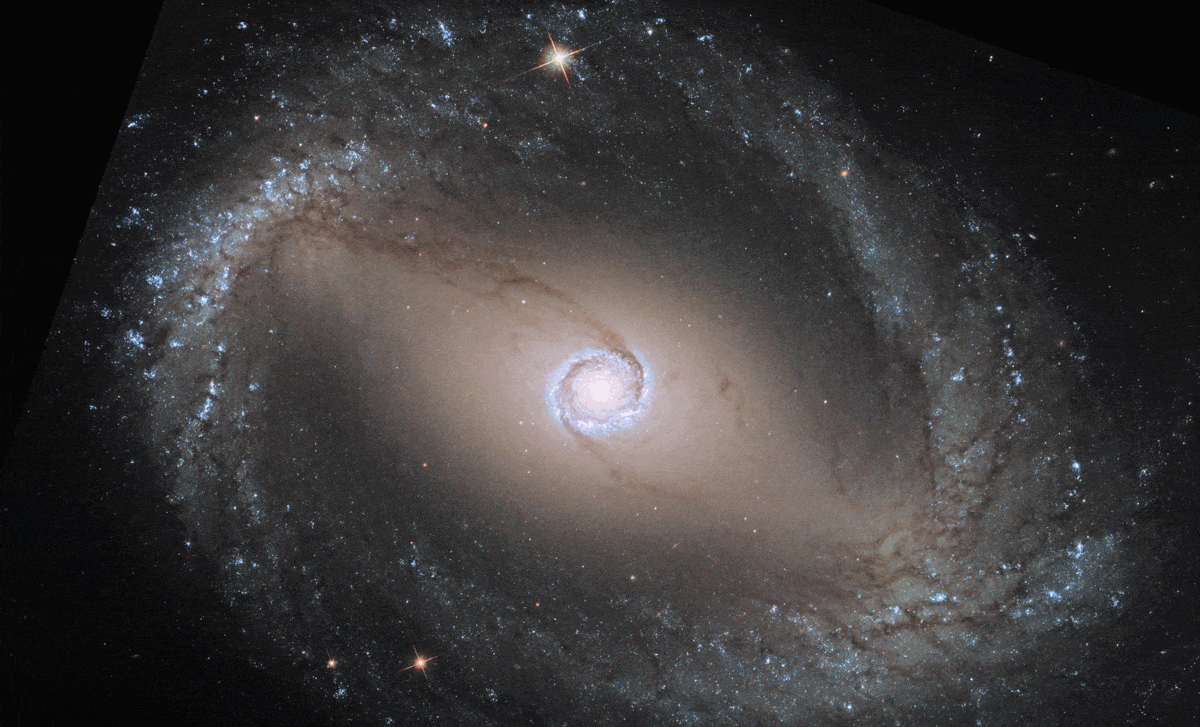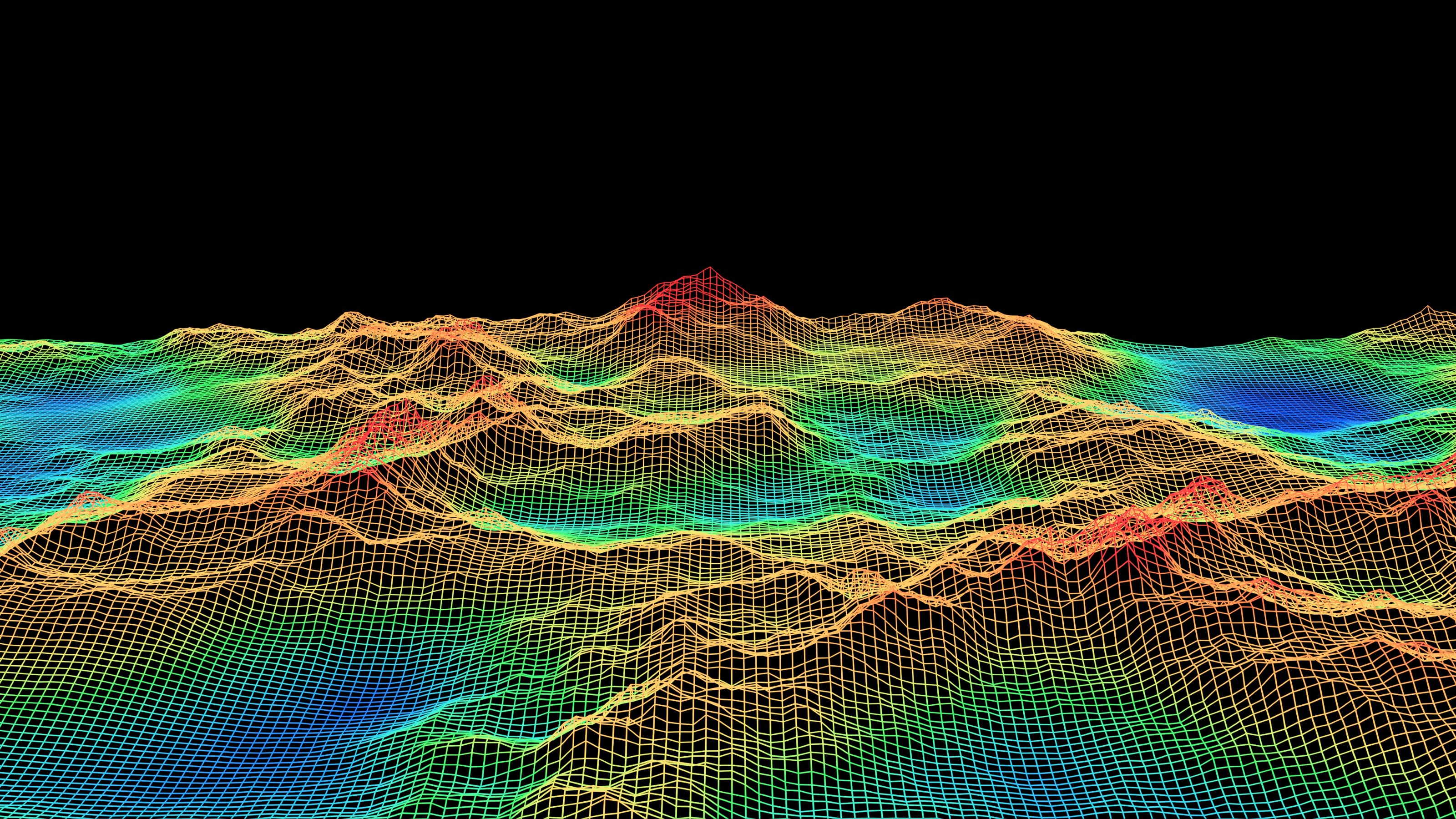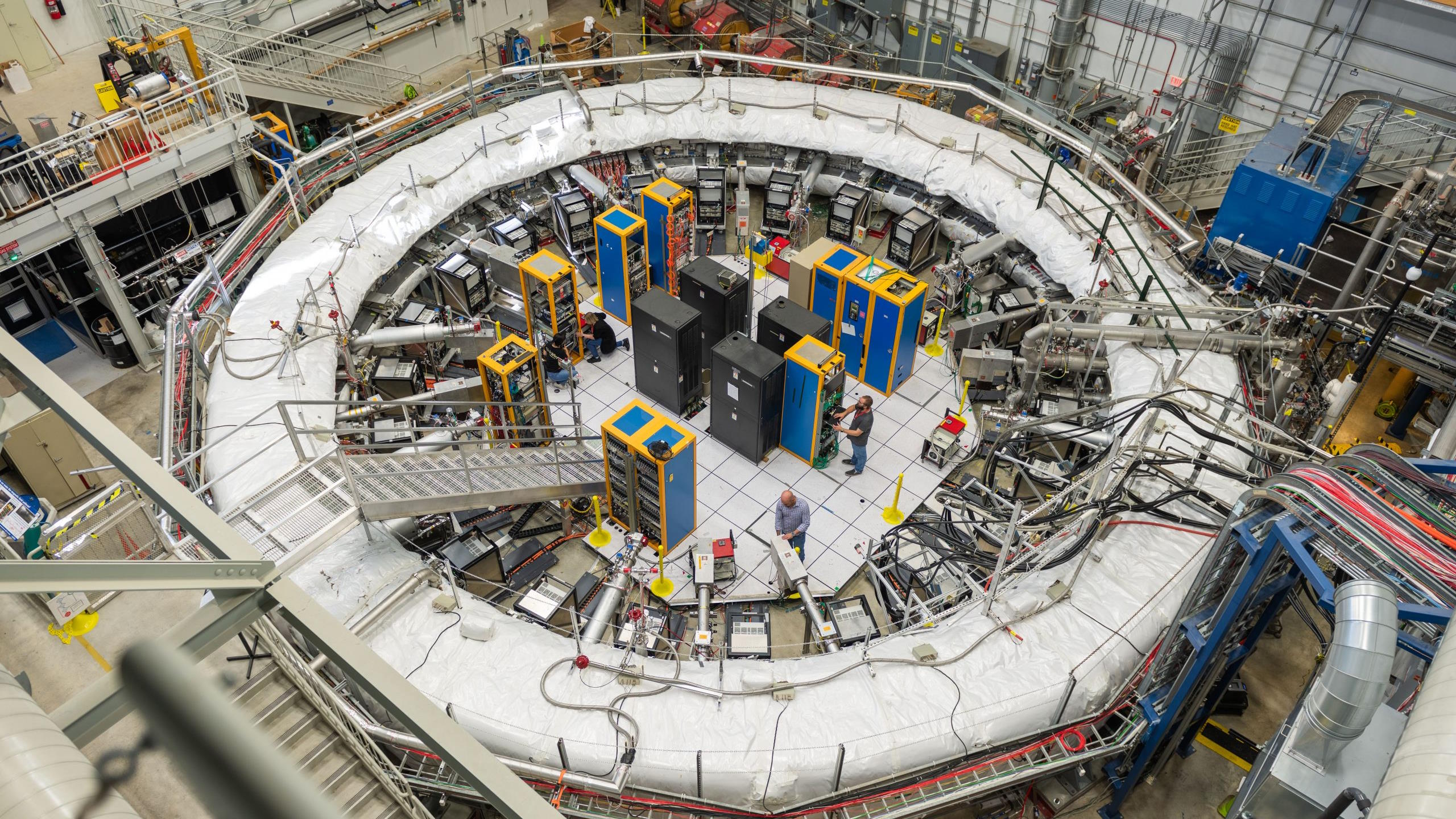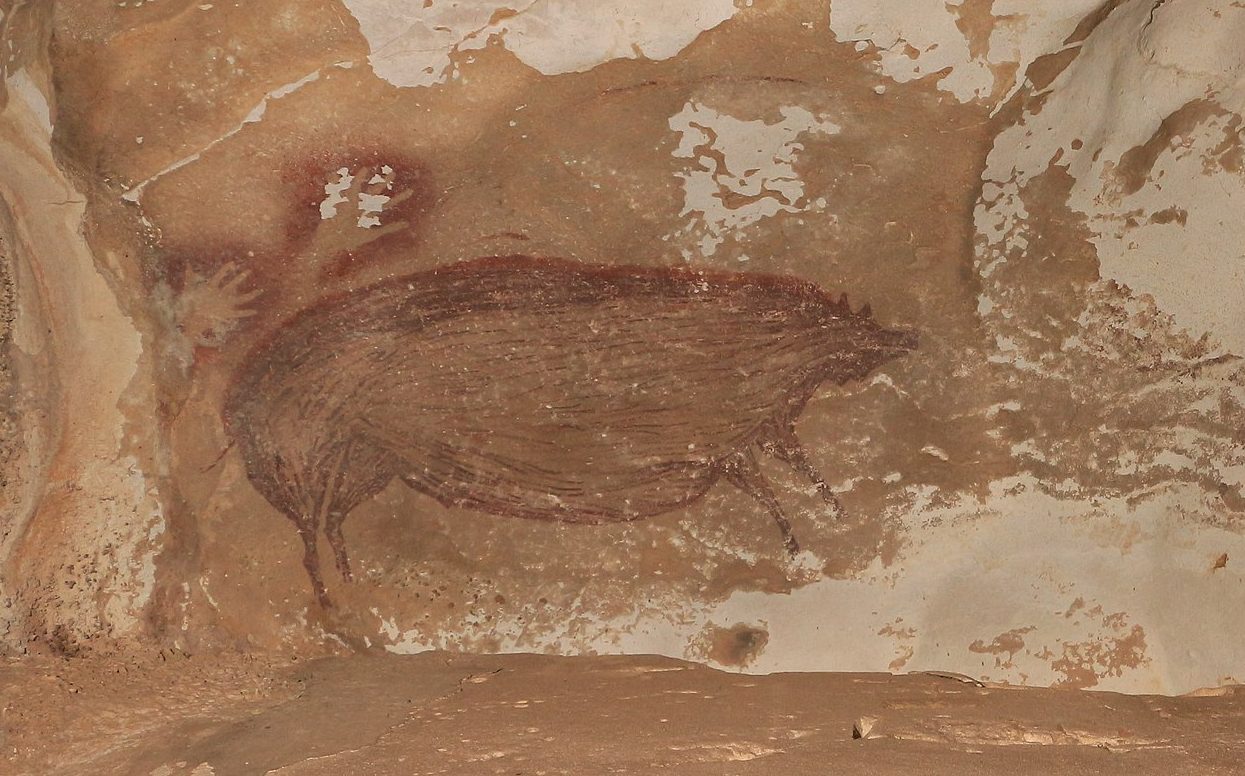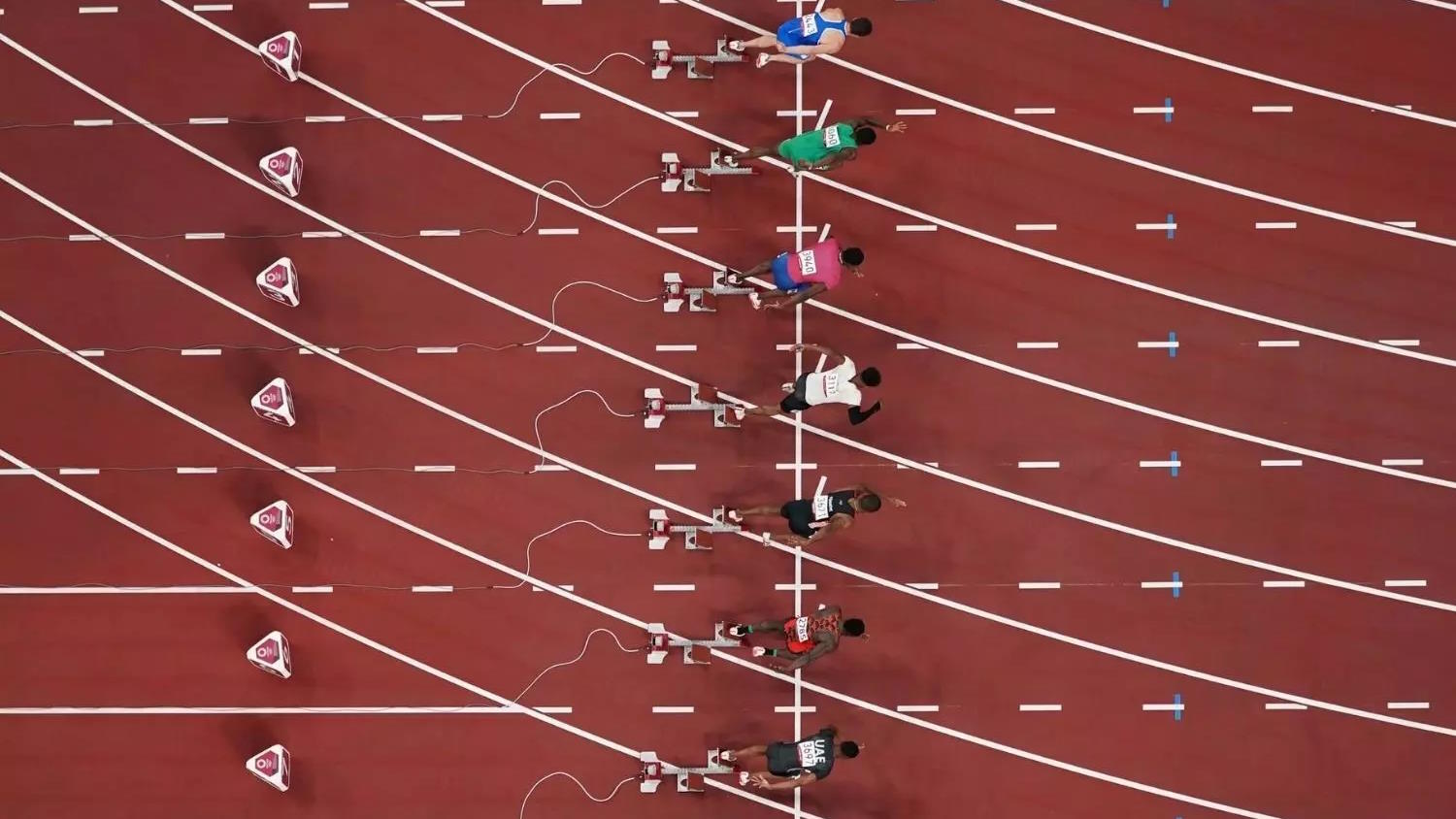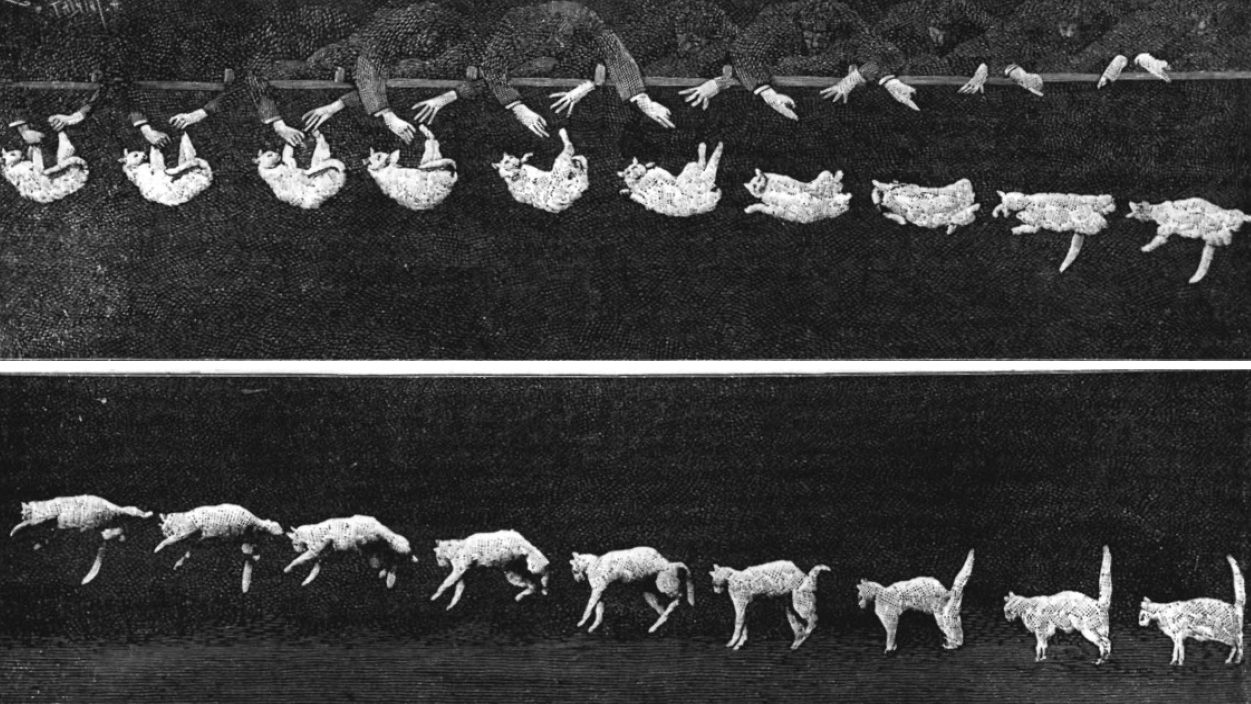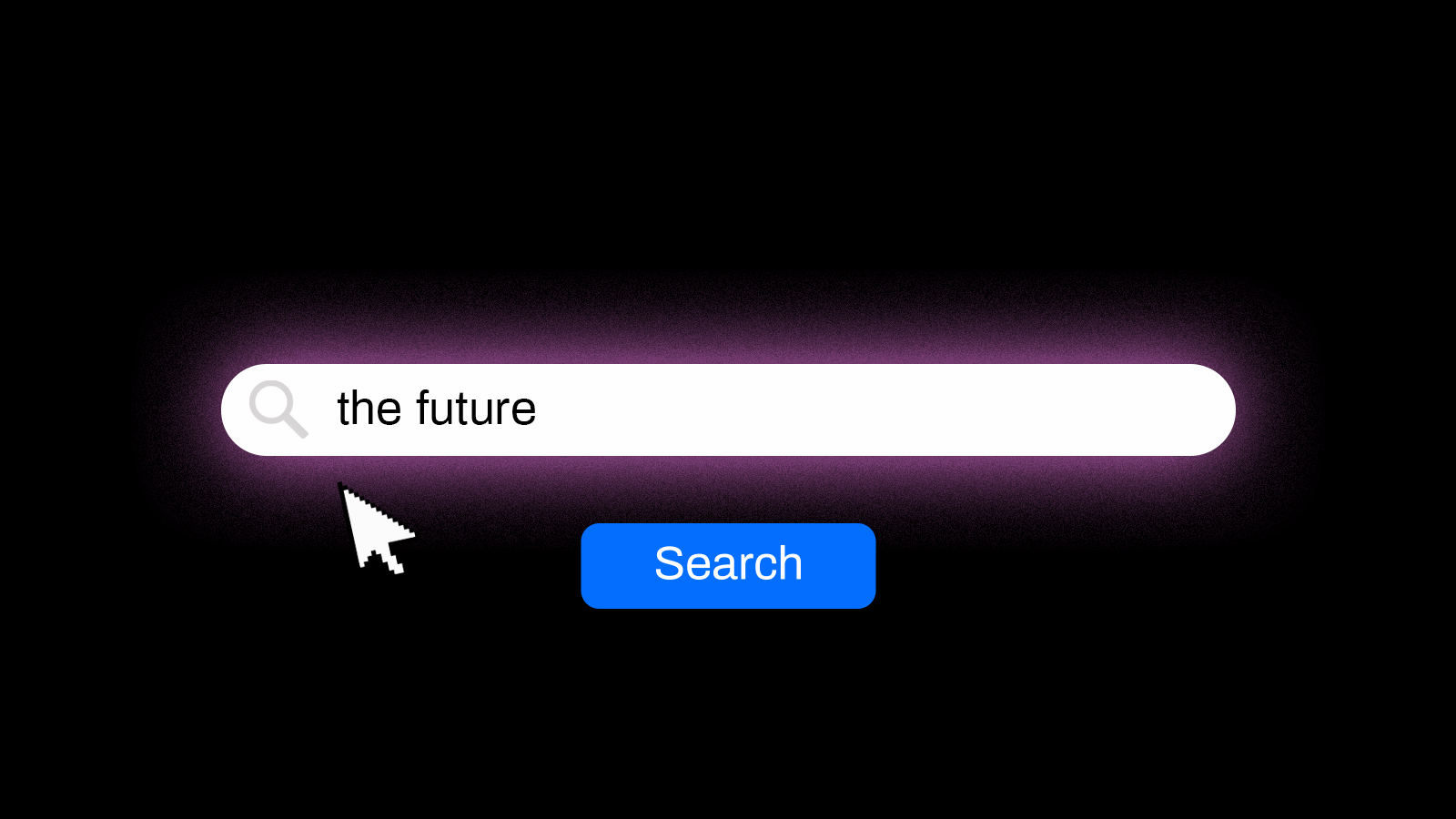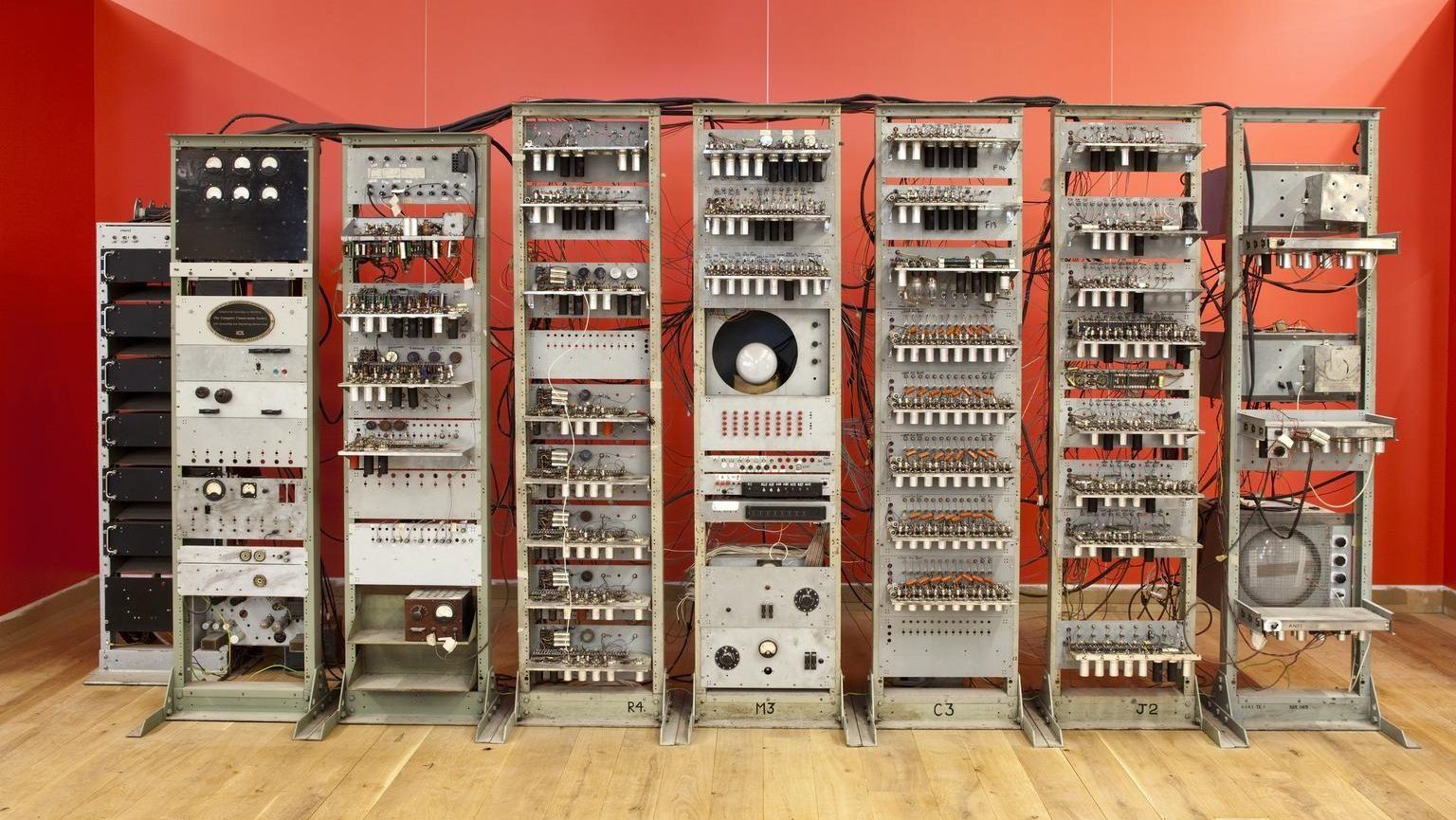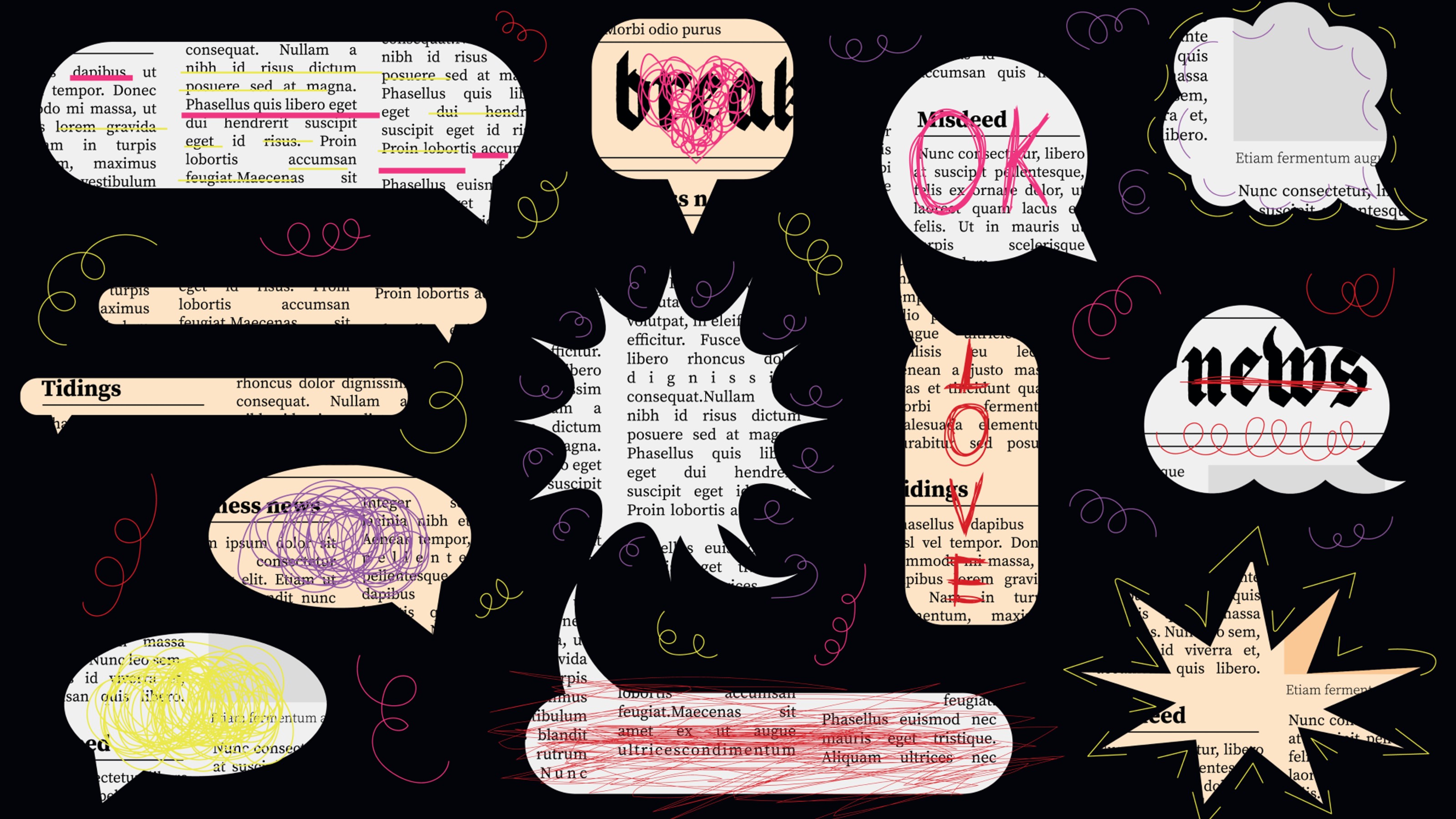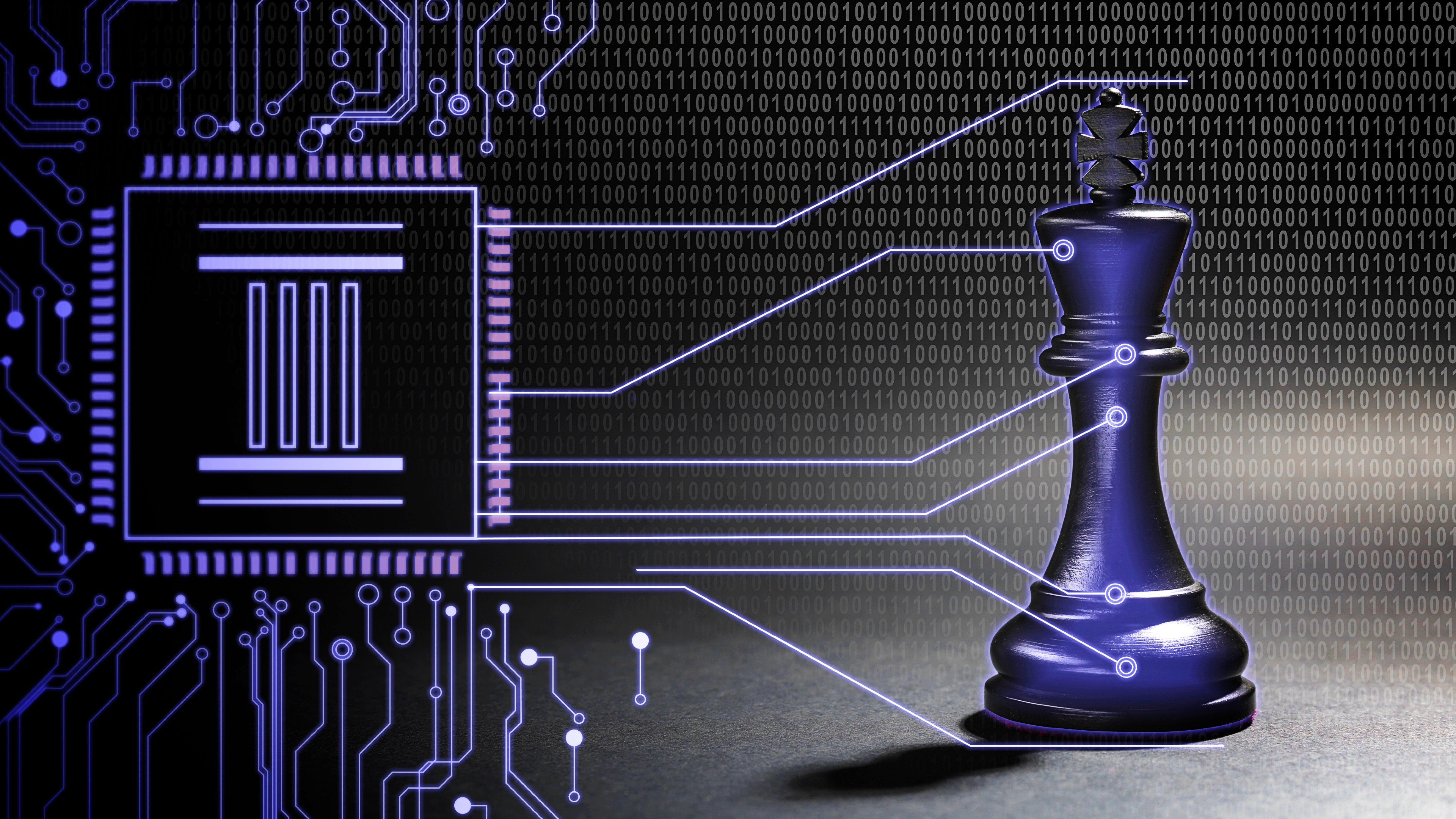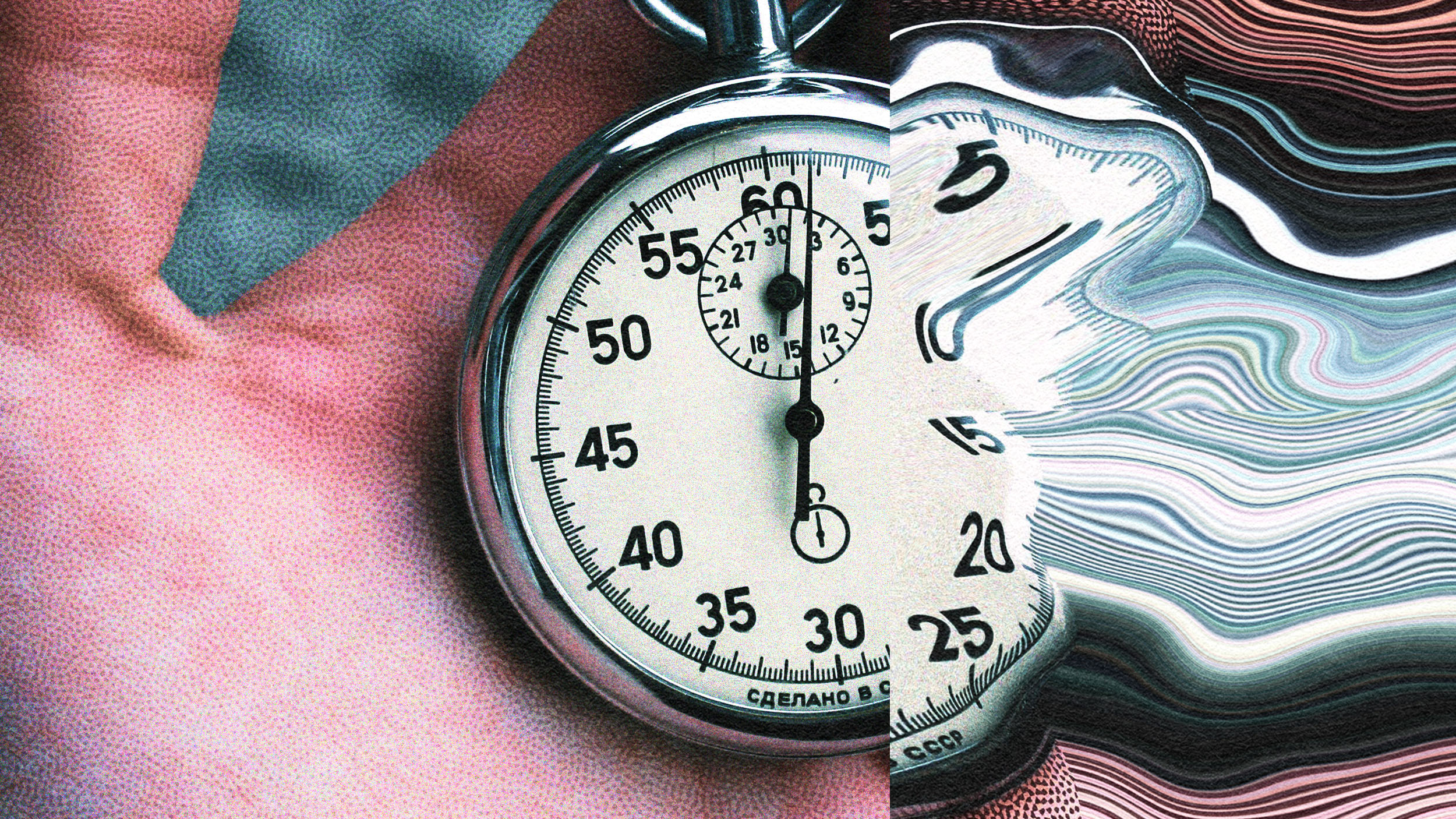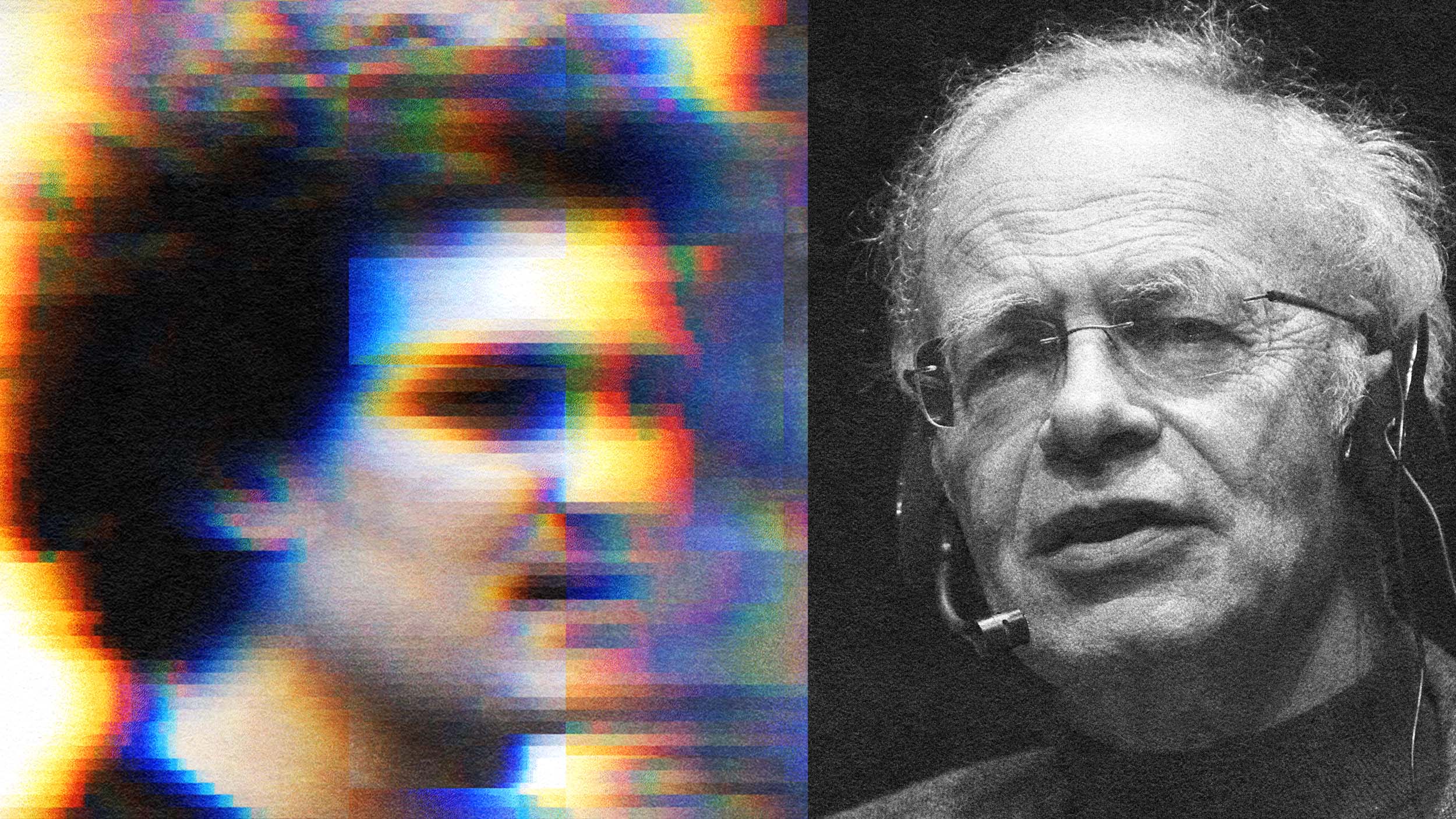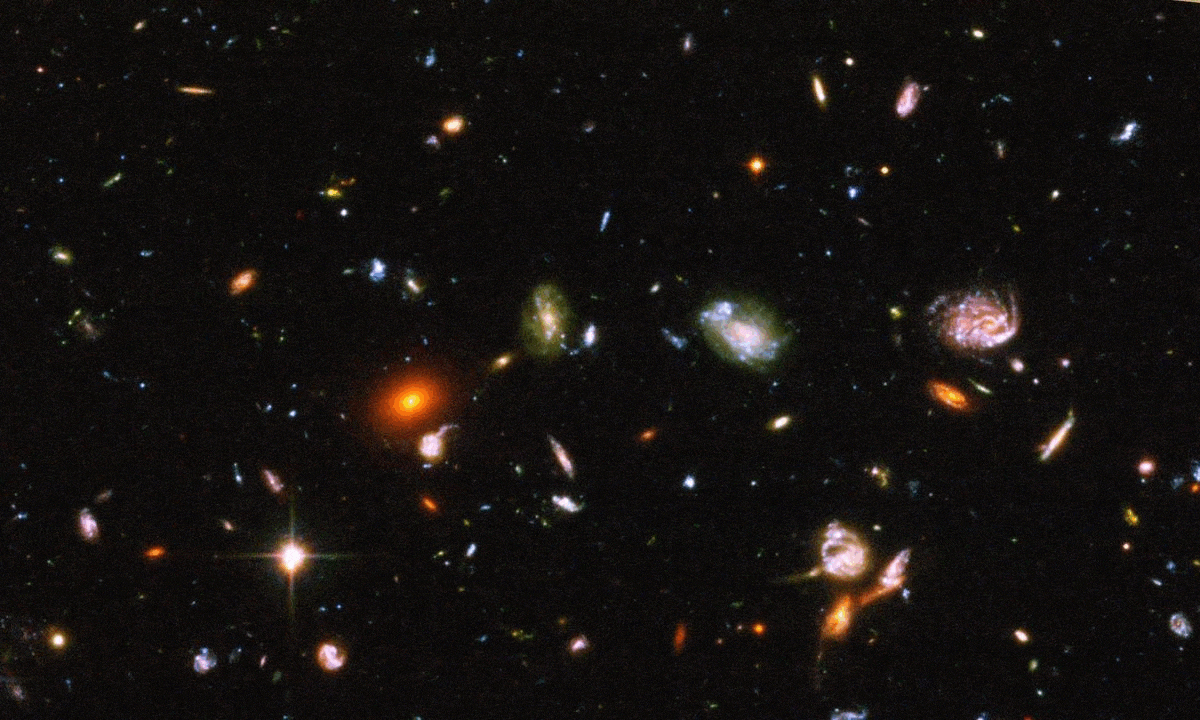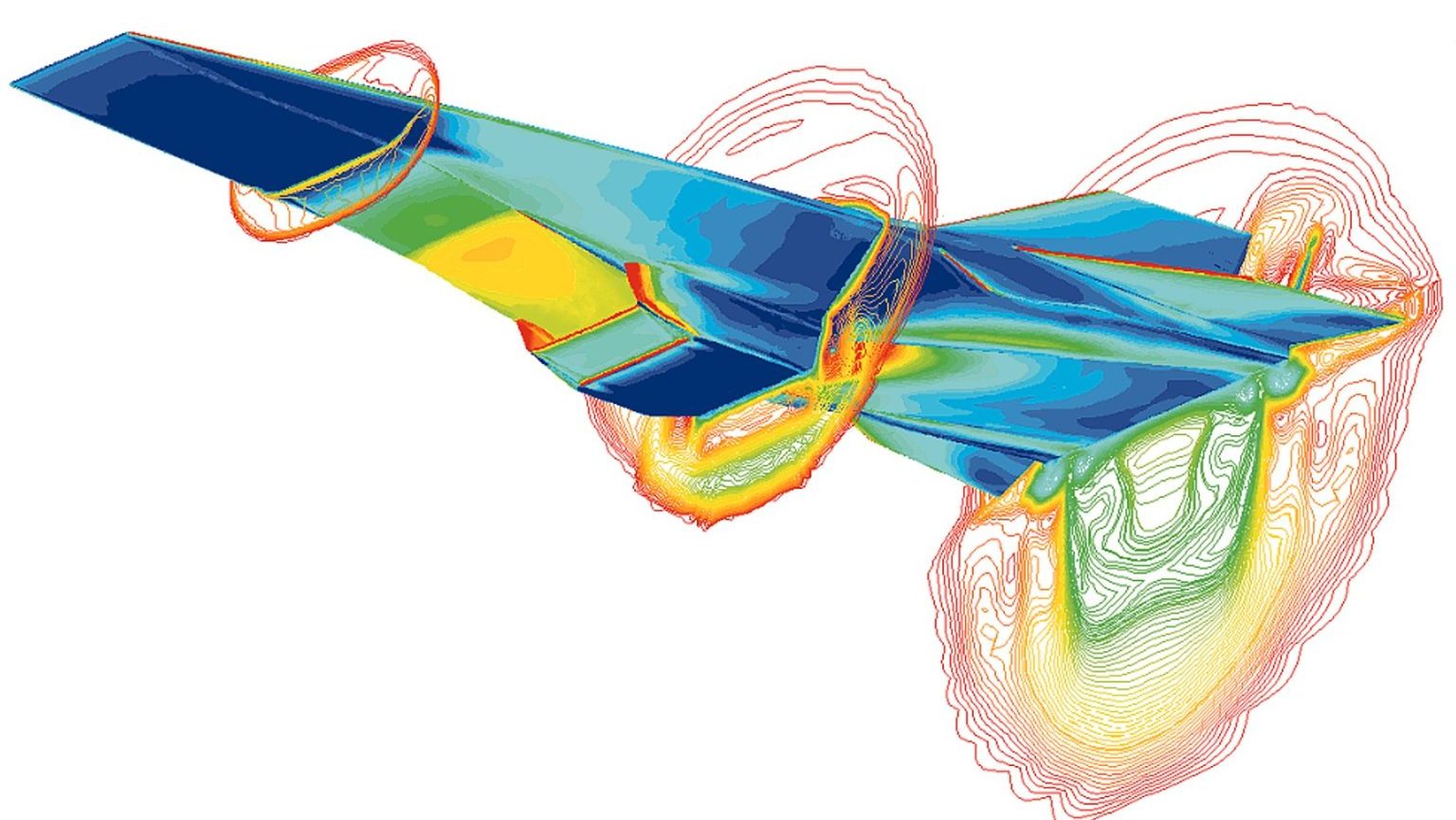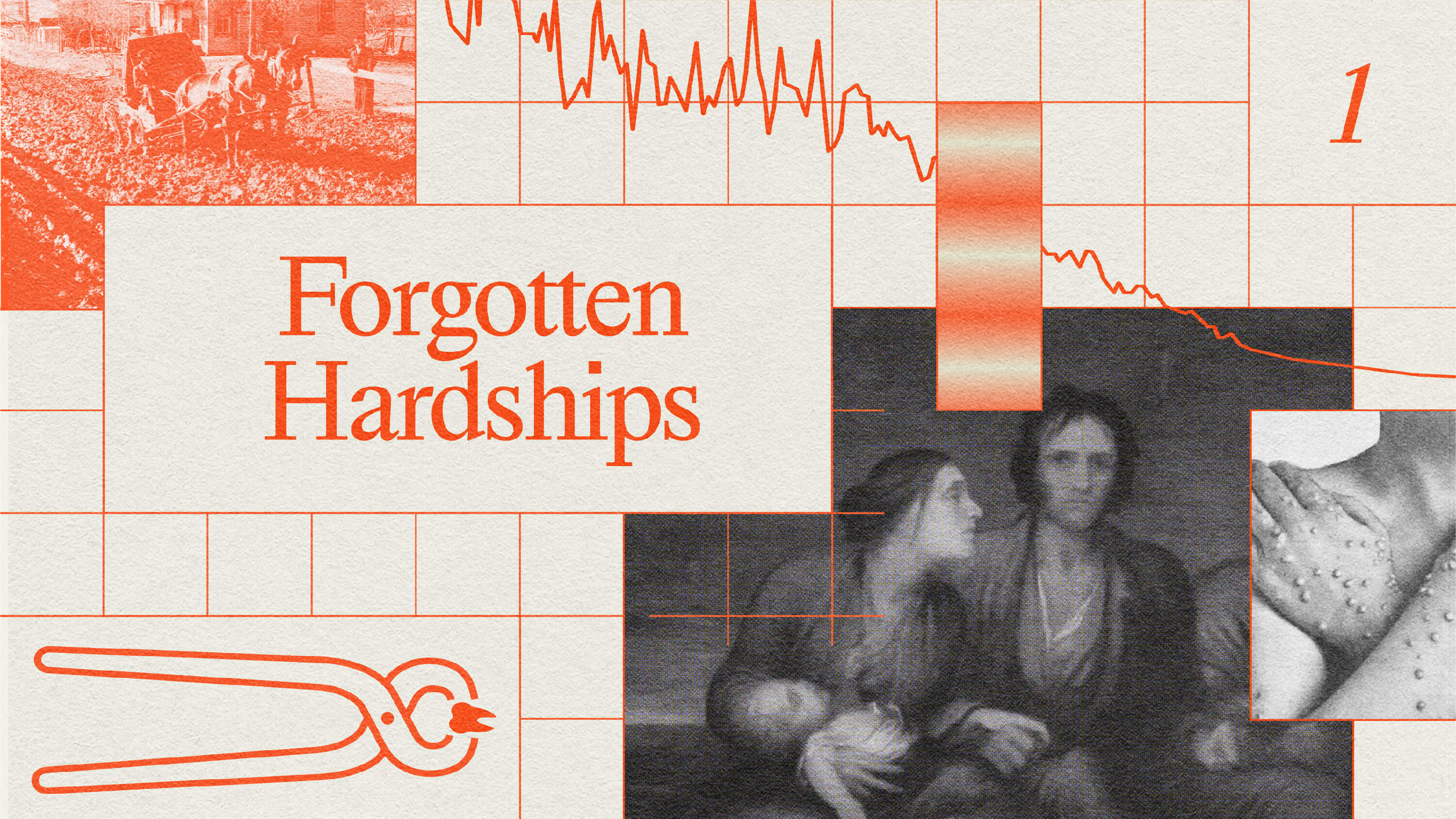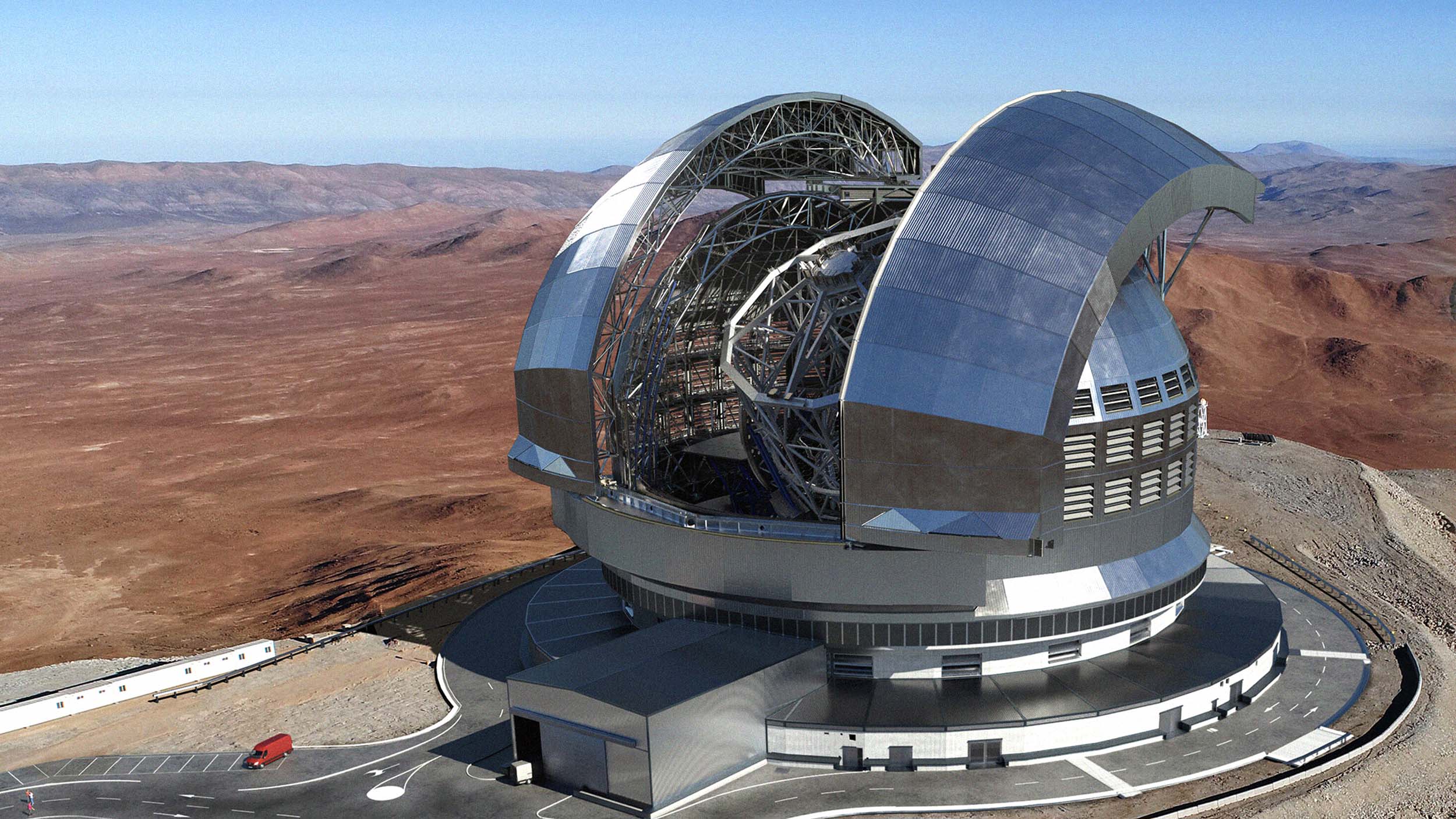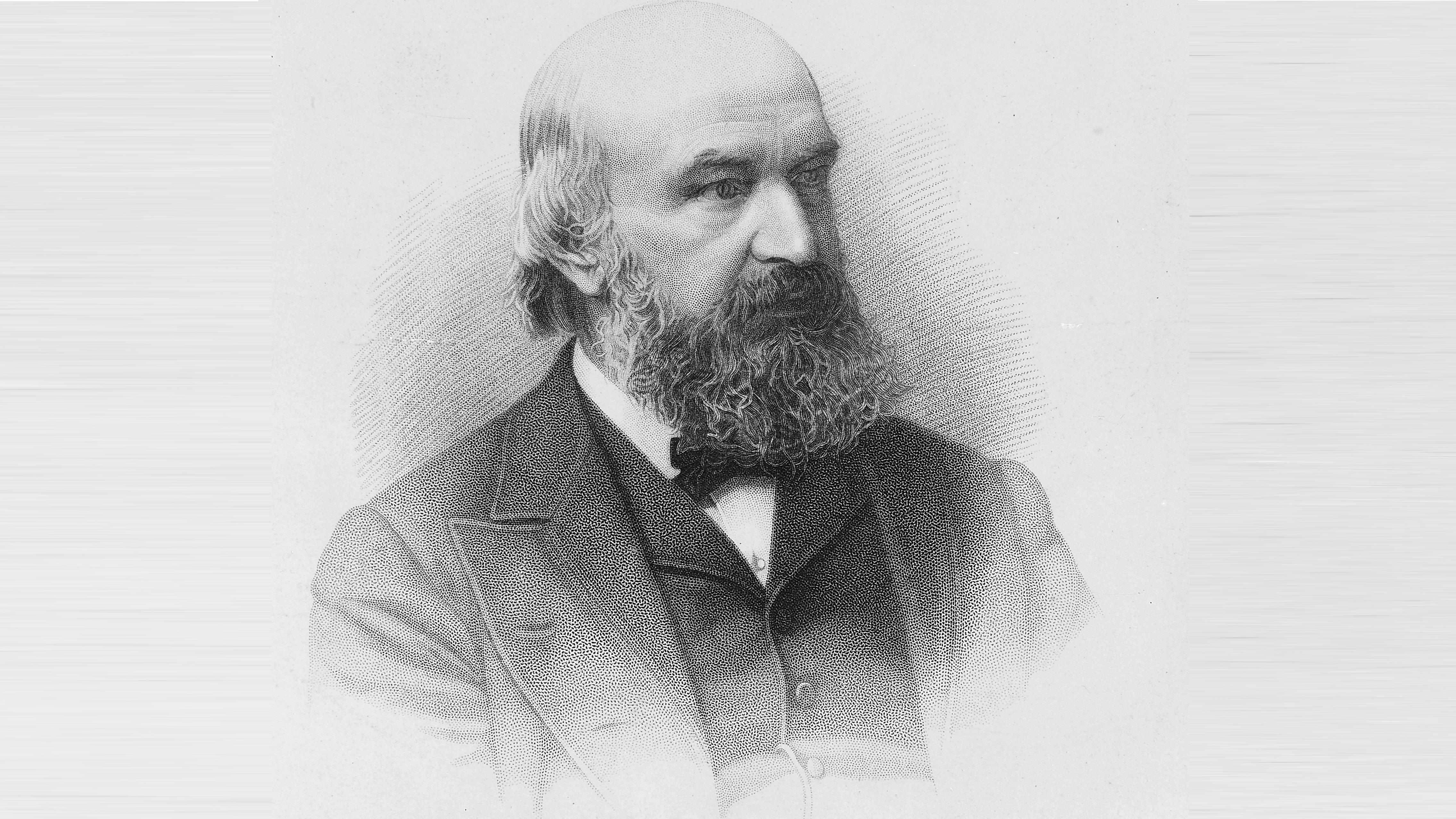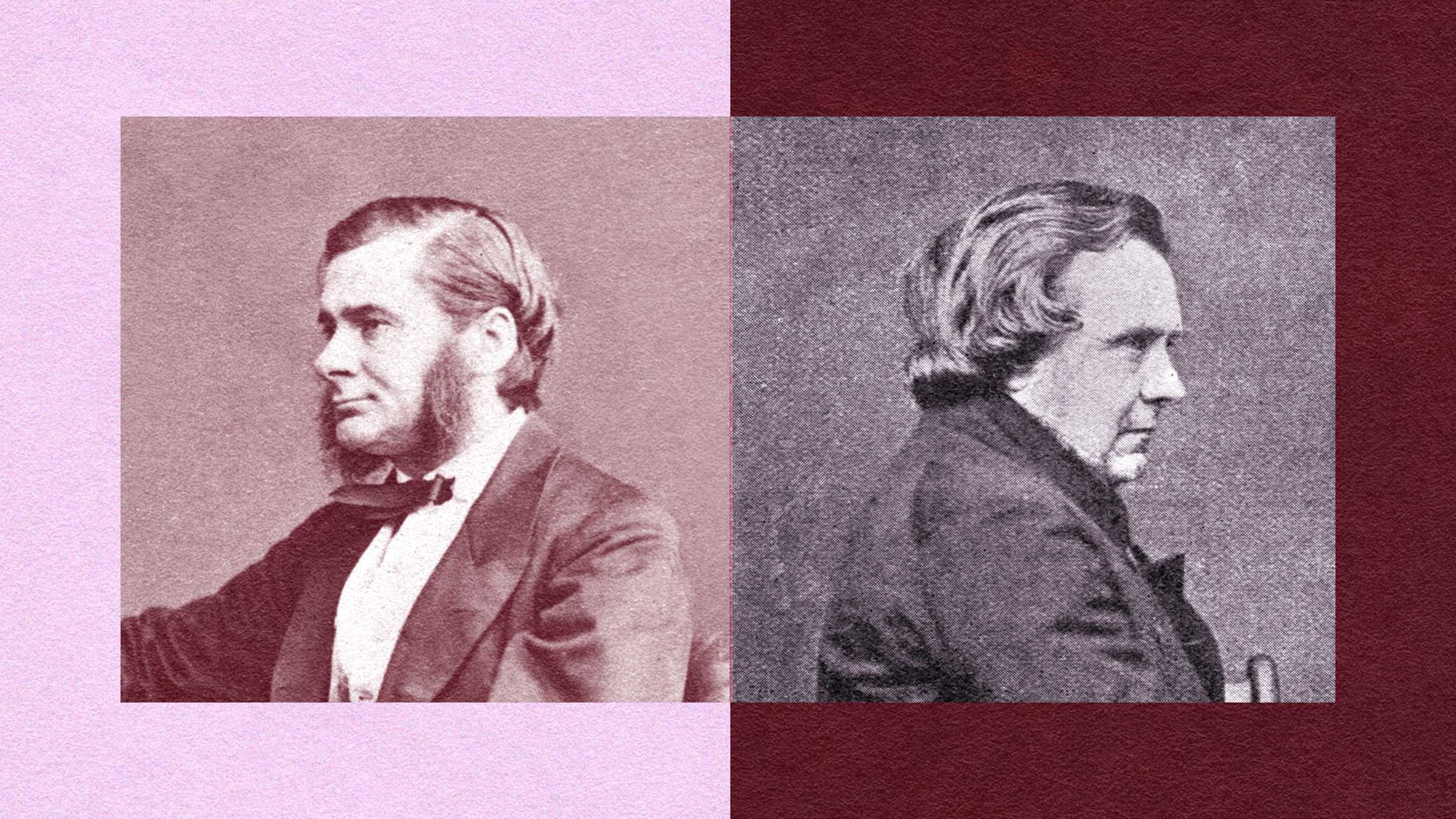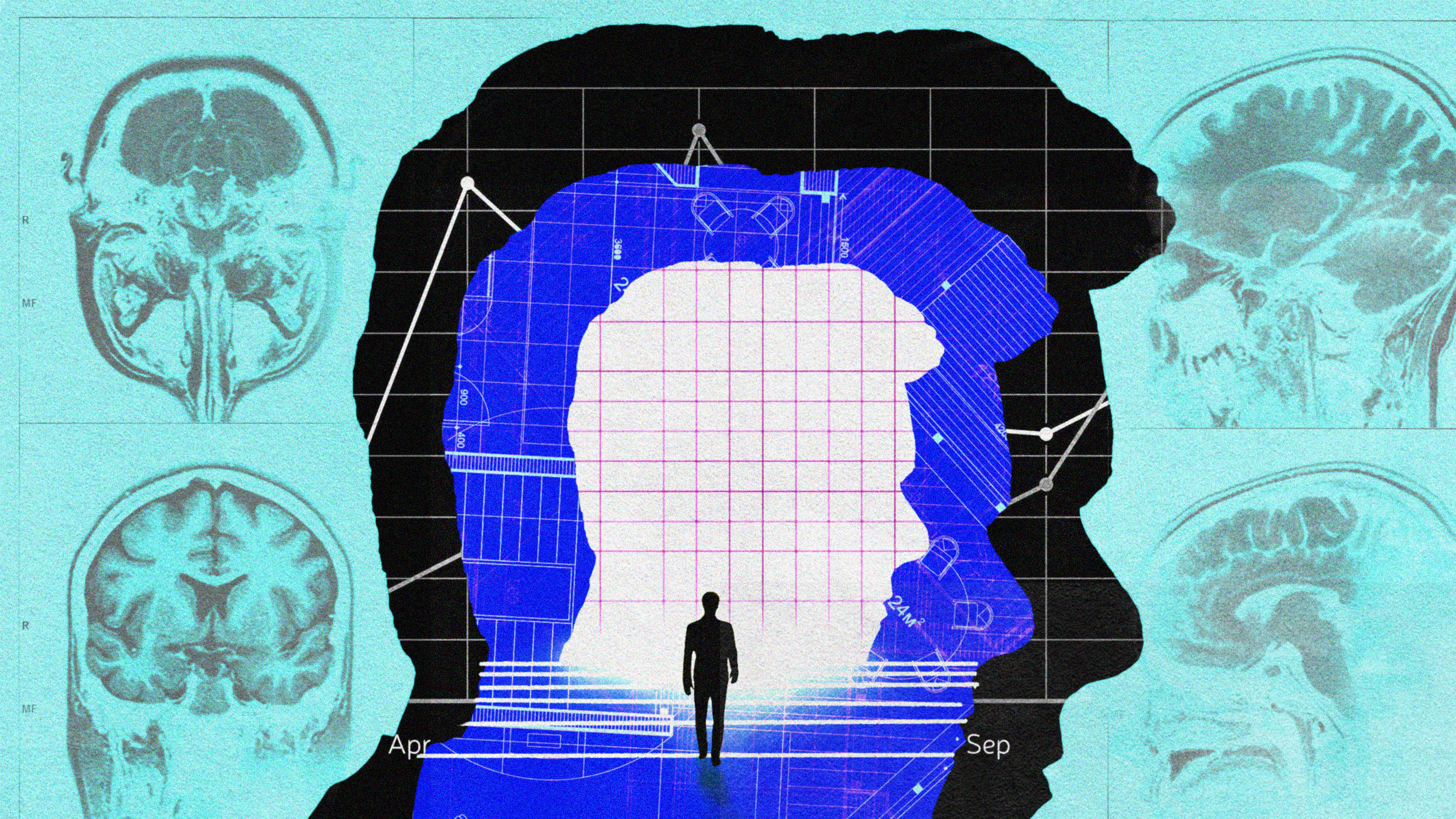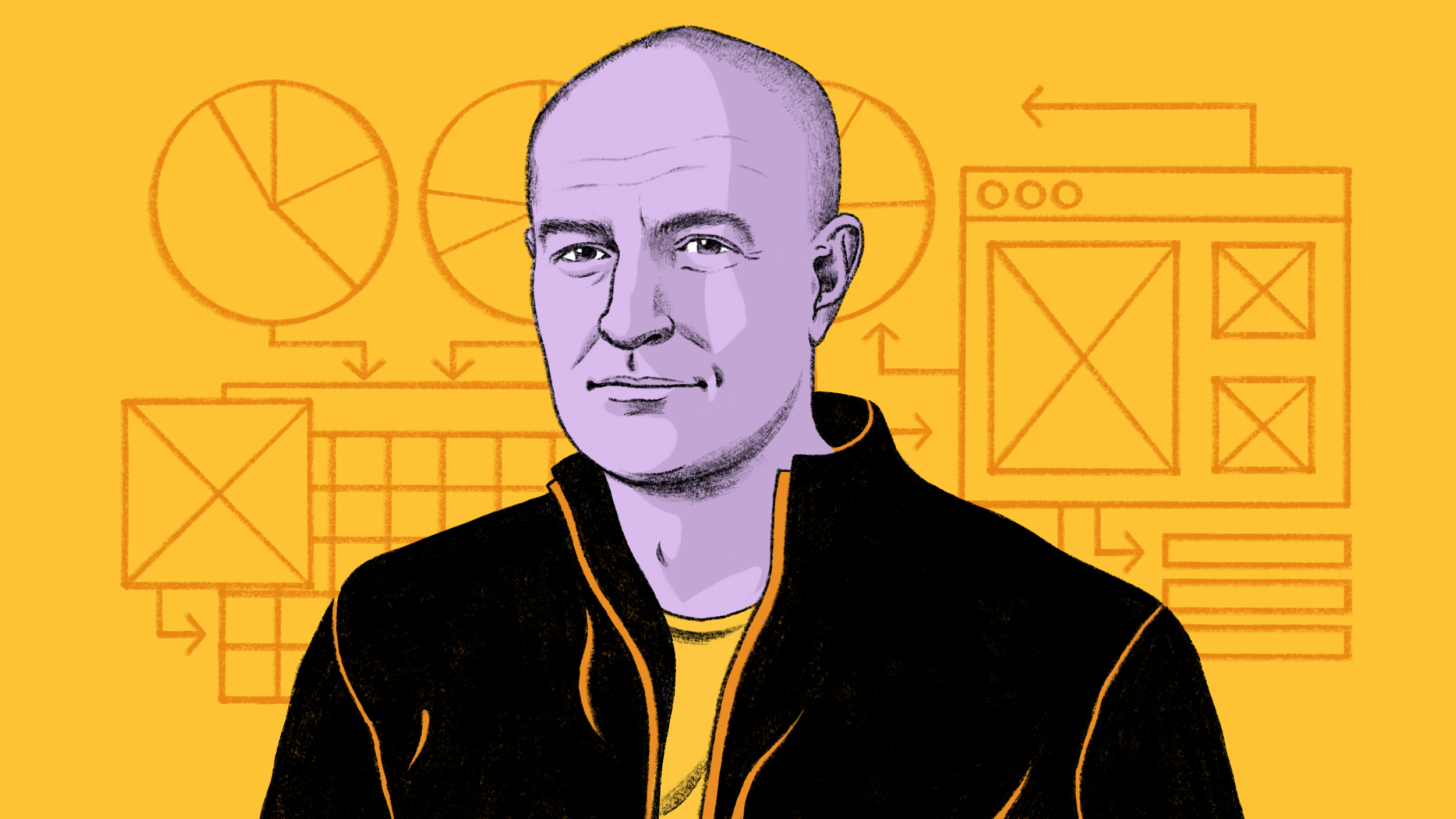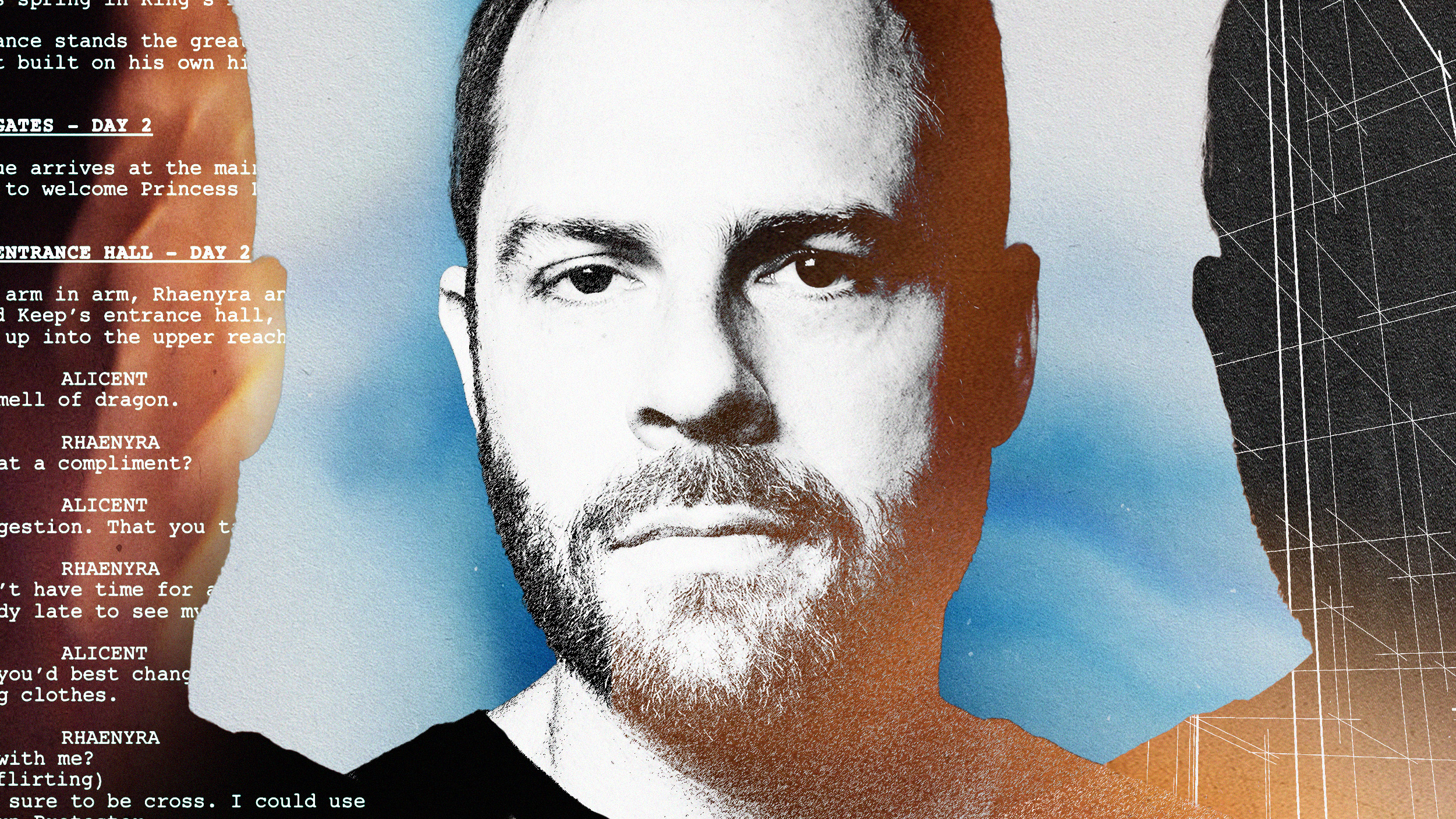“Upon emergence, these patients are sincerely unsure what was reality and what was a ‘dream.'”
All Articles
In July of 2022, the first science images from JWST were unveiled. Two years later, it’s changed our view of the Universe.
We must get happiness right — even when the world around us gets it wrong.
A perfect map is as useless as it is impossible to create.
A longstanding mismatch between theory and experiment motivated an exquisite muon measurement. At last, a theoretical solution has arrived.
Propofol, a drug commonly used for general anesthesia, derails the brain’s normal balance between stability and excitability.
An analysis of Indonesian cave paintings is reframing the history of human art, though whether the paintings really were created by human hands remains an open question.
How to make sure our formative tendencies don’t derail us from being the great leaders we are trying to become.
The all-time record is Usain Bolt’s 9.58 seconds, set in 2009. What is the fastest time, ultimately, for an ideal human body?
Cats twist and snakes slide, exploiting and negotiating physical laws. Scientists are figuring out how.
Can AI-powered “answer engines” replace the 10 blue links model?
Alan Turing and Christopher Strachey created a ground-breaking computer program that allowed them to express affection vicariously when so doing publicly, as gay men, was criminal.
In “Not Born Yesterday,” author and cognitive scientist Hugo Mercier makes the case that misinformation is overrated — and other human foibles are underrated.
“If you’re training an AI to optimize for a task, and deception is a good way for it to complete the task, then there’s a good chance that it will use deception.”
When stuffed and staring down the last bite, you might hear your mother’s voice in your mind.
The passage of time is something we all experience, as it takes us from one moment to the next. But could it all just be an illusion?
19 rooms. 1,636 square feet. 1,800 years of history.
“The movement is much bigger than Sam Bankman-Fried, or any one person, no matter how wealthy,” philosopher Peter Singer told Big Think.
From inside our Solar System, zodiacal light prevents us from seeing true darkness. From billions of miles away, New Horizons finally can.
Hypersonic aircraft can fly at least five times the speed of sound. They would make for terrifying weapons.
9 minutes of cruel history may cure the anti-progress delusion.
The Extremely Large Telescope (ELT) will have a light-collecting power 10 times greater than today’s best telescope.
Executive coach Jodi Wellman explains how to “make it to the end with no regrets.”
Adams was infamously scooped when Neptune was discovered in 1846. His failure wasn’t the end, but a prelude to a world-changing discovery.
The true story of the shot that “reverberated through England” when science collided head-on with religion.
Big Think Business columnist Eric Markowitz prefaces his new series on long-term thinking with the experience that almost cut his life short.
The best of all investor attributes is easily attained — and unbeatable in combination with other advantages.
It’s knowledgeable, confident, and behaves human-like in many ways. But it’s not magic that powers AI though; it’s just math and data.
Cam Lawrence — CEO of international venture platform Newlab — joins Big Think Business to discuss his strategic vision for climate tech.
Ryan Condal, who worked in pharmaceutical advertising before Hollywood, talks with Big Think about imposter syndrome, “precrastination,” and Westeros lore.

